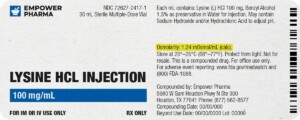Rosuvastatin calcium may assist with high cholesterol and lowering the risk of cardiovascular disease. As a member of the statin class of drugs, it inhibits HMG-CoA reductase, an enzyme involved in cholesterol synthesis in the liver. This reduction in cholesterol synthesis may help lower the levels of low-density lipoprotein (LDL) cholesterol in the bloodstream. By decreasing LDL cholesterol, commonly referred to as “bad” cholesterol, rosuvastatin may help reduce the risk of heart attacks, strokes and other cardiovascular events associated with high cholesterol levels.[1][2]
Rosuvastatin may have side effects, including muscle pain, liver enzyme abnormalities, and, in rare cases, rhabdomyolysis, a serious condition involving muscle breakdown.[2][3]
To mitigate potential adverse effects and ensure optimal therapeutic outcomes, talk to your healthcare provider about the monitoring needed while taking rosuvastatin.

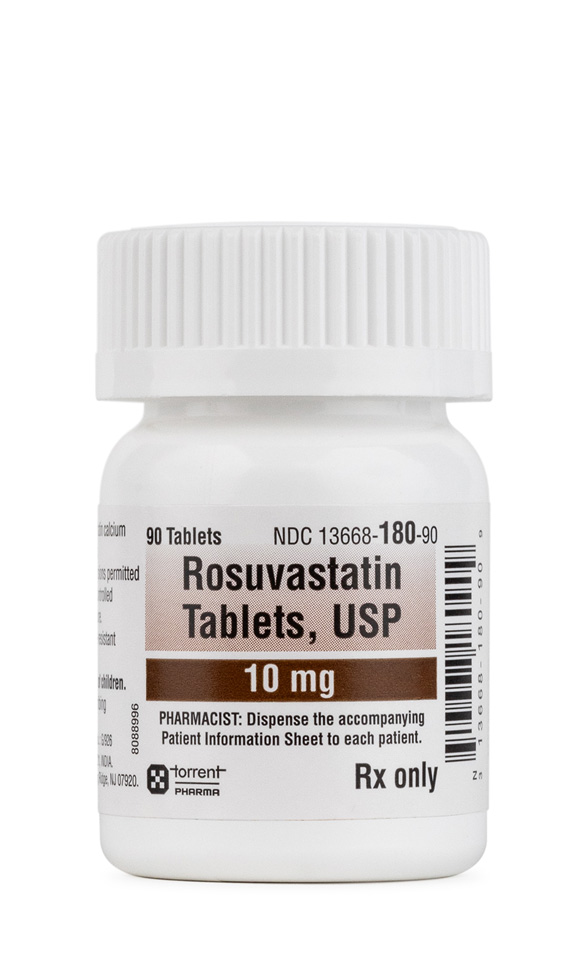
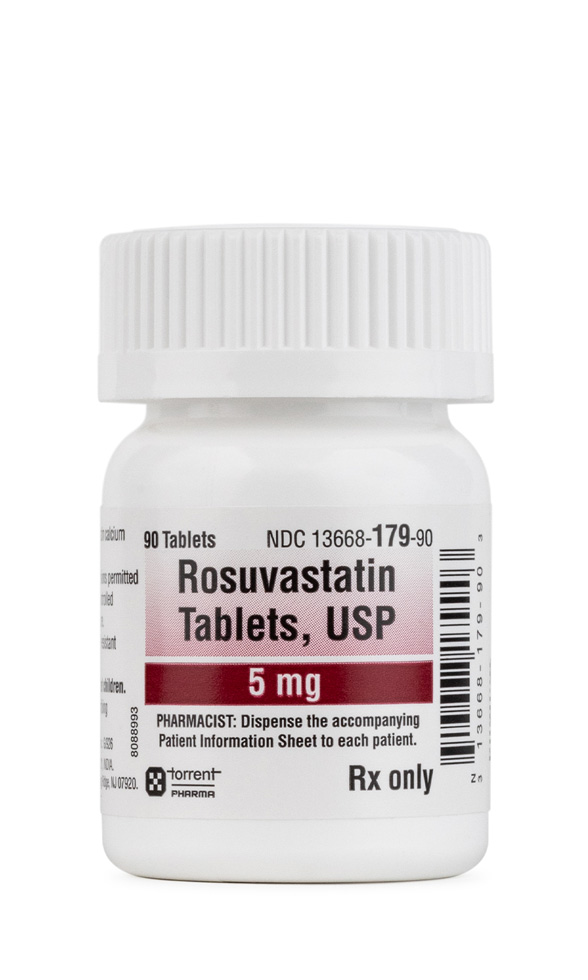
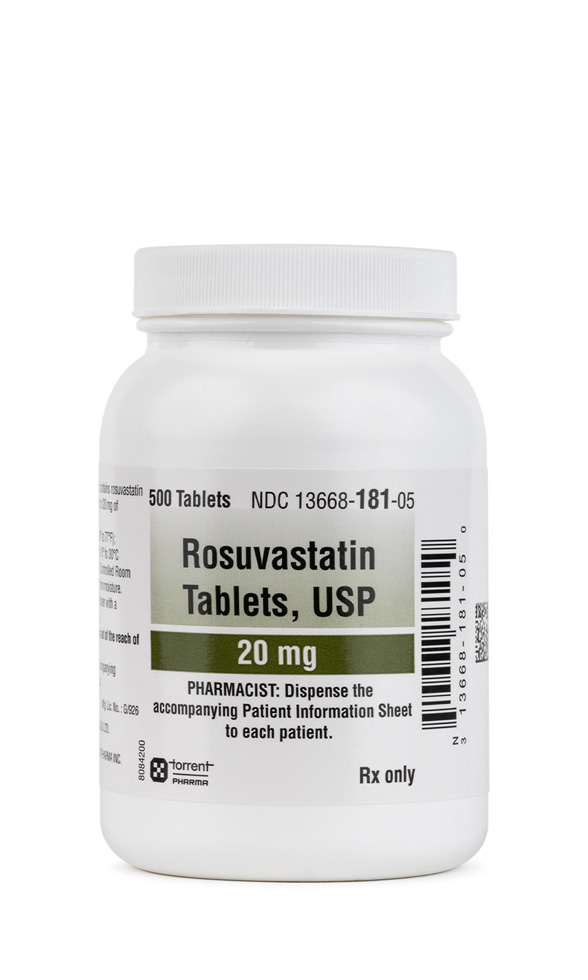
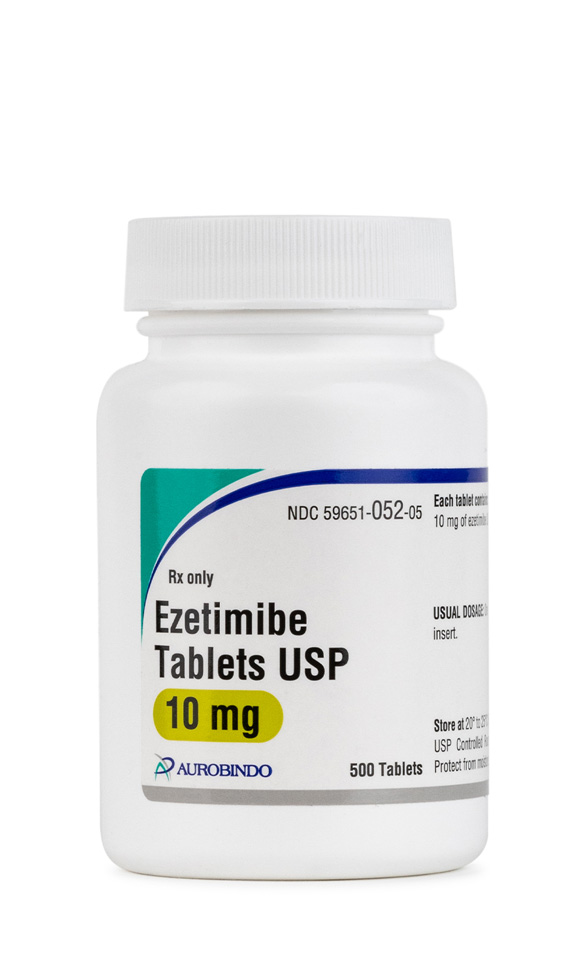 Ezetimibe Tablets
Ezetimibe Tablets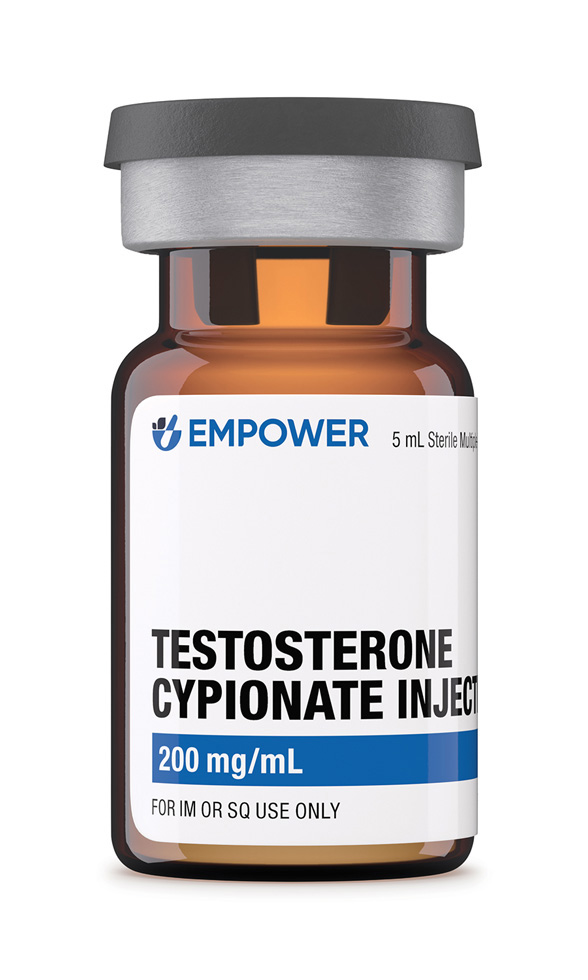 Testosterone Cypionate Injection
Testosterone Cypionate Injection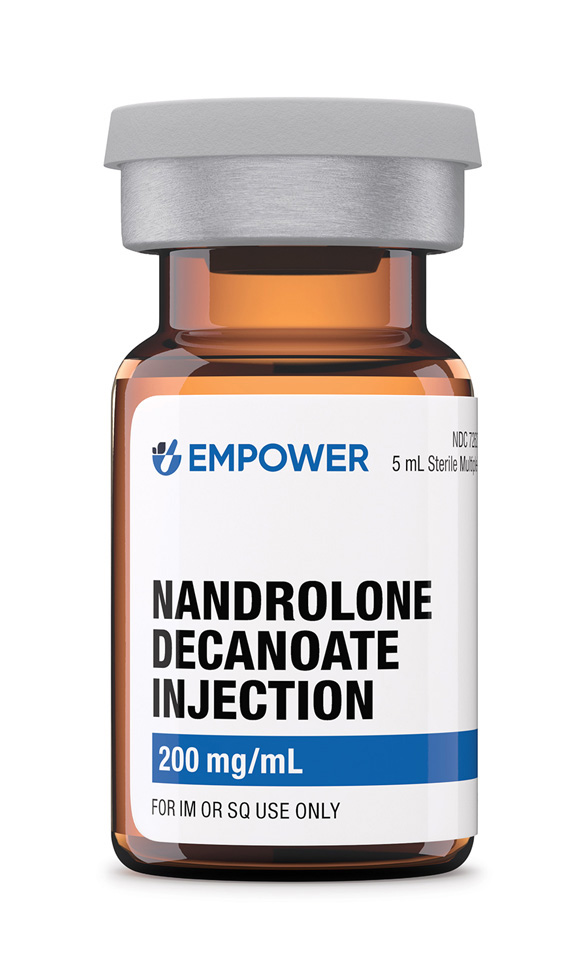 Nandrolone Decanoate Injection
Nandrolone Decanoate Injection Oxandrolone Tablets
Oxandrolone Tablets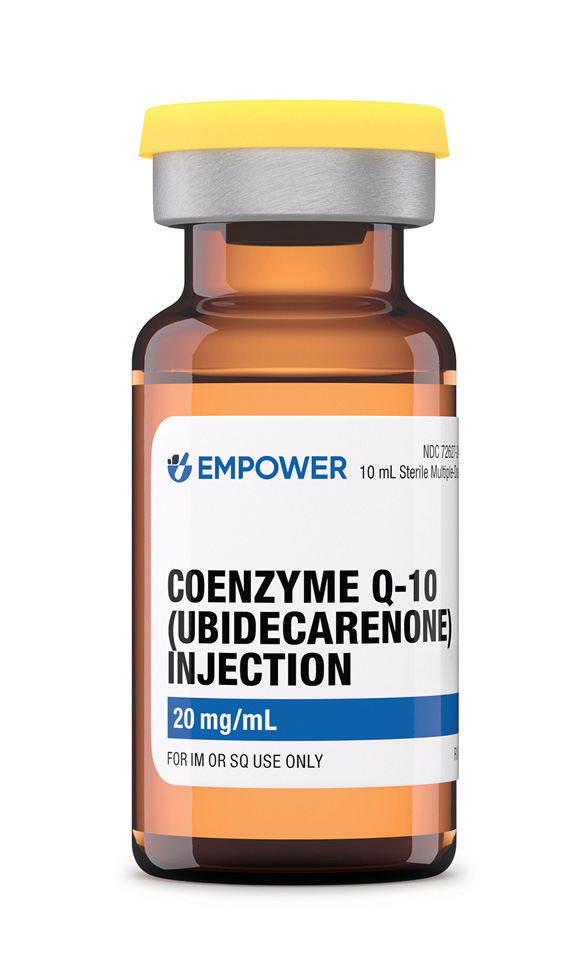 Coenzyme Q10 (Ubidecarenone) Injection
Coenzyme Q10 (Ubidecarenone) Injection Thyroid Desiccated Porcine Capsules
Thyroid Desiccated Porcine Capsules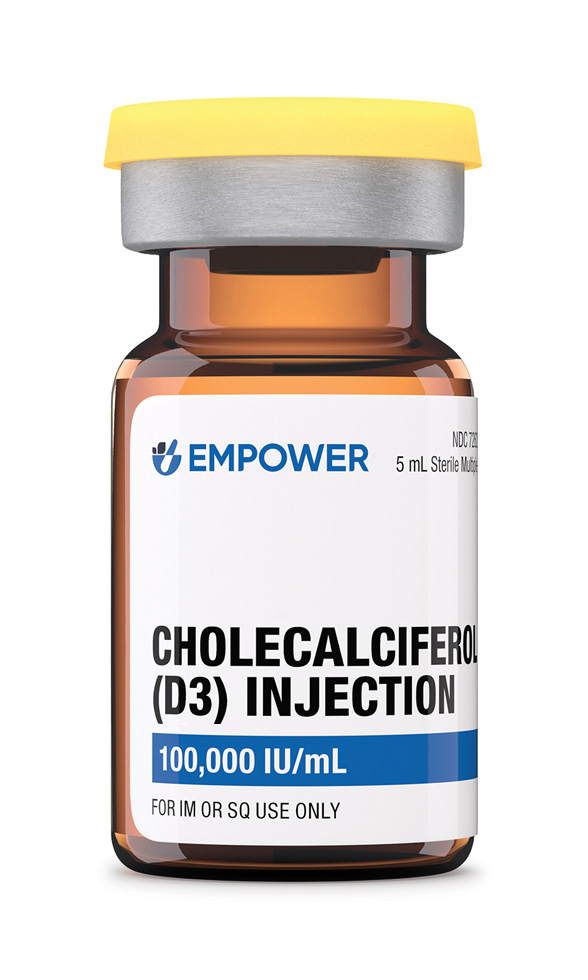 Cholecalciferol (D3) Injection
Cholecalciferol (D3) Injection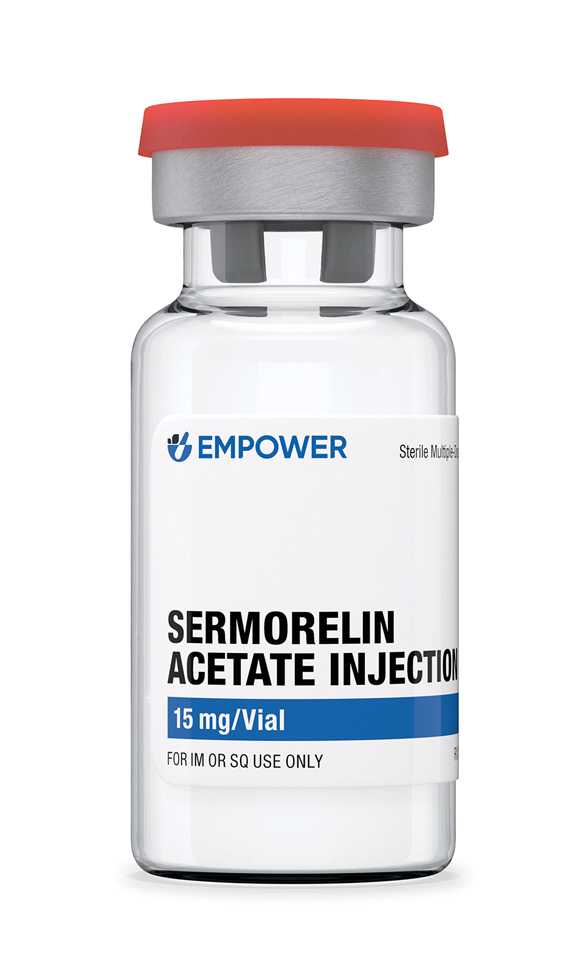 Sermorelin Acetate Injection
Sermorelin Acetate Injection